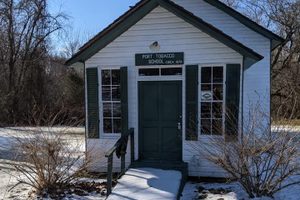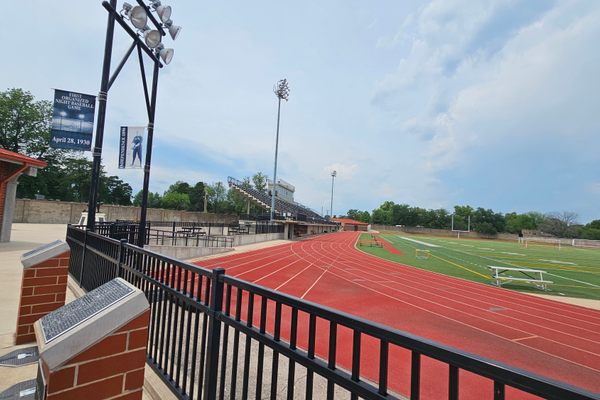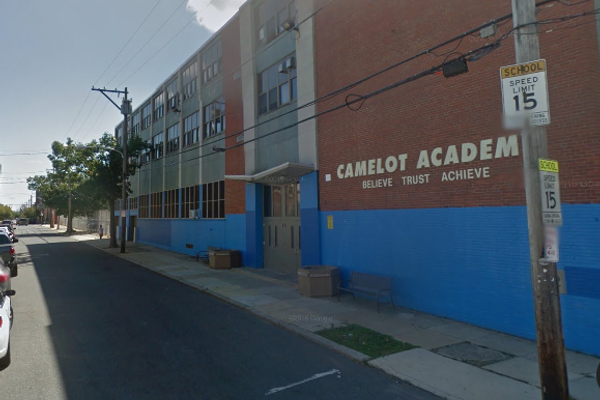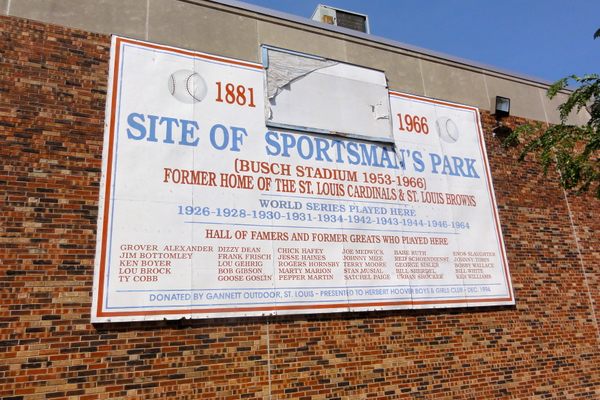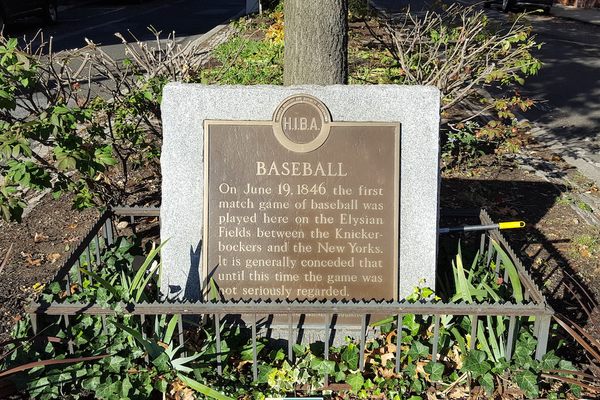About
John Franklin "Home Run" Baker was born in 1886 in the small town of Trappe, Maryland. He grew up working on his family's farm and knew that he wanted to be a ballplayer from an early age.
He started off as a pitcher for the local high school team, and started his career as a semi-pro. His pitching skills were not up to snuff, but he showed a lot of promise as a fielder and could hit well. He ended up playing third base for teams in Ridgely and Sparrows Point in Maryland before getting a shot with the Baltimore Orioles of the Class A Eastern League. The manager was not impressed with his abilities and sent him packing after five games.
He spent the following year as a serviceable player for the Class B Reading Pretzels, making enough of an impact for the legendary Connie Mack to purchase his contract and fulfill his dream of playing big-league ball. He finished the 1908 season playing the final nine games for the Philadelphia Athletics and was named their starting third baseman for the 1909 season.
That year, he hit the first home run to ever clear the right field fence at Shibe Park while leading the league in triples and finishing in the top five in a number of other offensive categories. The following season, he led the league with 11 home runs and helped the Athletics to win the 1910 World Series. In 1911, he once again led his team to a six-game triumph in the World Series, racking up nine hits, five RBI, and a .375 average along the way.
He would go on to lead the league in home runs over each of the next three seasons, and he added another World Series title in 1913, with a Series defeat at the hands of the Boston Braves in 1914. Baker sat out the entire 1915 season due to a contract dispute and was sent to the New York Yankees in 1916. He continued his reign of terror in the American League as part of the famed "Murderer's Row" with Wally Pipp, Roger Peckinpaugh, and Ping Bodie as one of the most powerful groups of sluggers in baseball during the late 1910s.
Baker sat out in 1920 after his wife died of scarlet fever, rejoining the Yankees for two more seasons afterward, and finally bowing out as Babe Ruth was starting to emerge as the premiere power hitter in the game. Following his career as a player, Baker spent a couple of years managing the Easton Farmers and was credited with discovering Jimmie Foxx, but also fired because he didn't get a high enough return on the talented player.
Baker died in June 1963 a couple weeks after having a stroke. He is buried in Spring Hill Cemetery in Easton, Maryland.
Related Tags
Community Contributors
Added By
Published
September 15, 2023


















